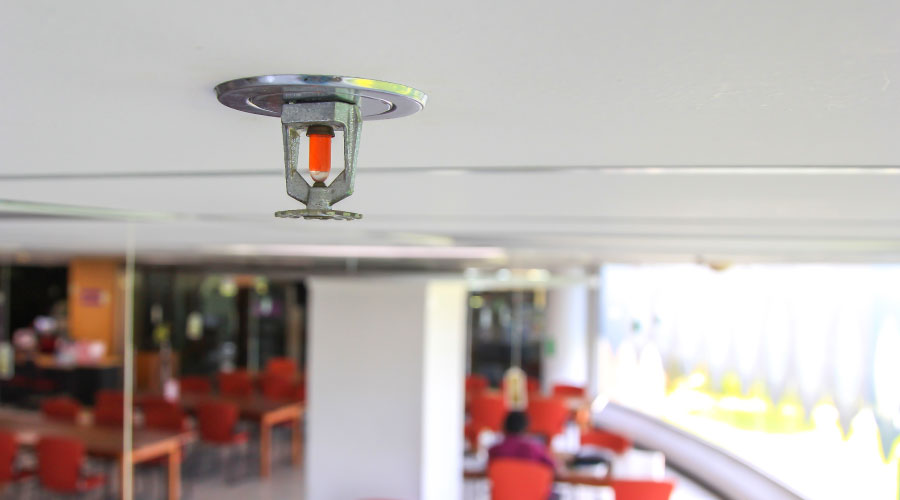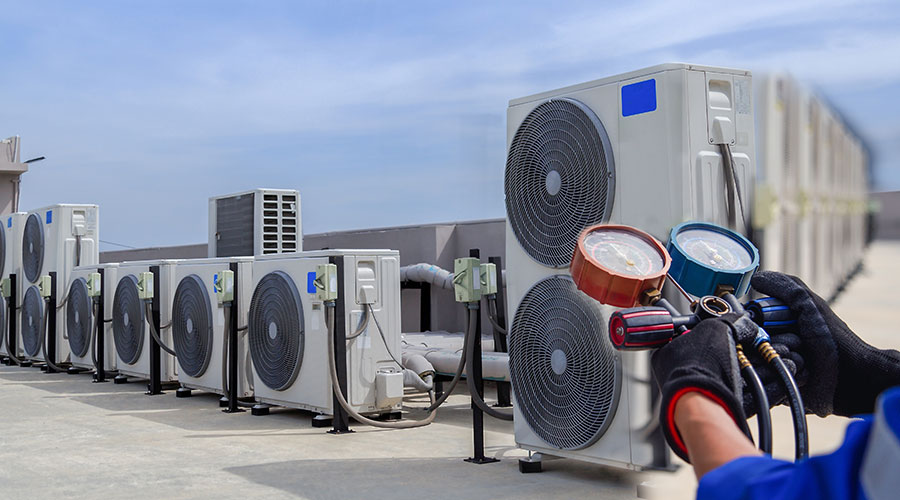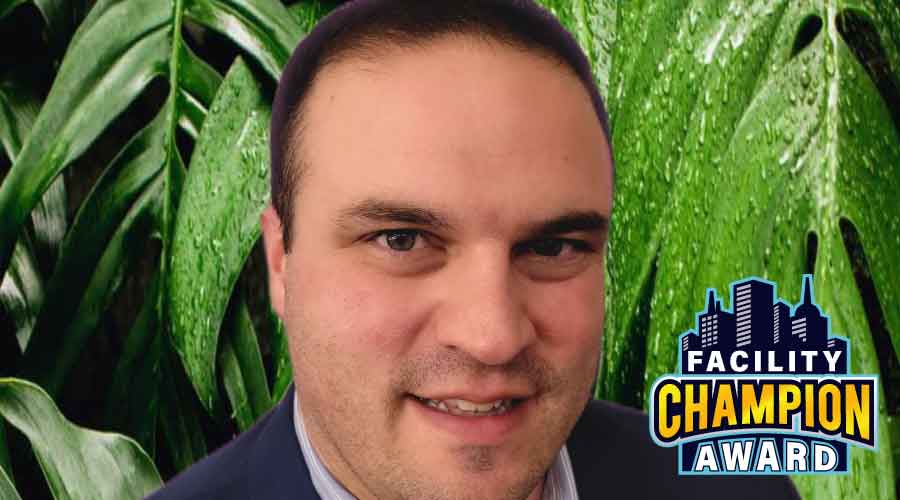
How to Avoid Fire Sprinkler Violations
In order to be effective, sprinkler systems must be kept in working order. September 12, 2022
By Dan Weltin, Editor-in-Chief
Fire protection systems like sprinklers are effective at keeping occupants safe. According to the National Fire Protection Association, civilian deaths are 89 percent higher in fires in properties without sprinklers. In addition, to occupant safety, sprinklers can limit fire damage by confining fires to a single room.
In order to be effective, sprinkler systems must be kept in working order. This responsibility falls to the building owner.
To help provide a better understanding of fire code enforcement of fire protection systems, Terin Hopkins, public fire protection specialist for the National Fire Sprinkler Association, will present "The dreaded 'Notice of Violation' from the Fire Inspector" at NFMT Remix.
NFMT: Who is the authority having jurisdiction?
Hopkins: It is often difficult for building owners and/or building representatives (FM) to understand who the authority having jurisdiction (AHJ) is and why they are receiving a notice of violation. The AHJ can be anyone designated and charged with the authority to enforce a code. They come from the fire service as fire marshal, fire inspector and fire chiefs, the building code official or even a third party hired to do specific inspections for a jurisdiction. This presentation is looking to provide guidance on who the AHJ is in certain cases and where their enforcement authority comes from. Knowing this will help owners identify their responsibilities, liabilities, and which codes and standards they must comply with to make their building safe.
NFMT: What codes and standards does the AHJ use for fire sprinklers?
Hopkins: The AHJ enforces a variety of codes and standards through the authority granted by the code. Typically, the fire official enforces the fire code: International Fire Code (IFC) or NFPA 1 Fire Code in existing structures. While the building code official enforces the building codes, like the International Building Code (IBC), in new construction, the standards like NFPA 13 for fire sprinklers or NFPA 14 standpipes are predominantly used in new installations and maybe enforced by either the fire inspector or building code official.
NFPA 25 is an owner’s guide and a good example of a standard used for inspection testing and maintenance of water-based fire protection systems and would apply to existing systems. This standard is enforceable by the AHJ by the applicable code.
The NFPA 101 Life Safety Code usually applies to all AHJ where adopted.
The presentation will also explain who uses these codes and how they are used, along with the owner responsibilities, the role of a contractor and the AHJ.
NFMT: What could facility managers be in violation of from the AHJ?
Hopkins: While there are areas that owners can be in violation, not all violations are the same and must be addressed accordingly. Some life safety violations can be easily remedied like a blocked egress, but may carry immediate fines, while others may incorporate much longer periods to abate like a change in use and building design. My presentation hopes to help owners and facility managers navigate priorities and help understand the enforcement process.
NFMT: What are some tips for fire sprinkler maintenance to avoid violations?
Hopkins: The best way to avoid violations is to be proactive with required inspection, testing and maintenance of systems and understand the owners’ responsibilities in regards to life safety. In Las Vegas, I’ll cover some common violations found during inspections and how to avoid common pitfalls when managing your buildings. I will also discuss the levels of violations and what inspectors are looking at from a life safety inspection.
NFMT Remix takes place in Las Vegas, Nov. 2-3, at the Paris Las Vegas Resort Conference Center. For more information, visit www.nfmt.com/vegas.
Dan Weltin is the editor-in-chief for the facility market. He has nearly 20 years of experience covering the facility management and commercial cleaning industries.
Next
Read next on FacilitiesNet












